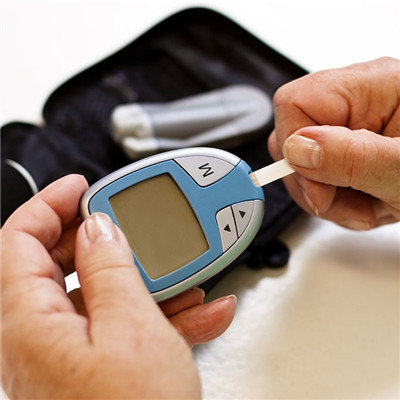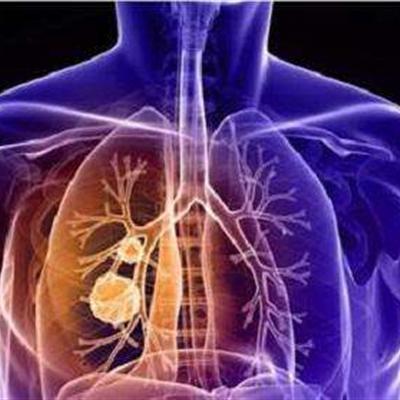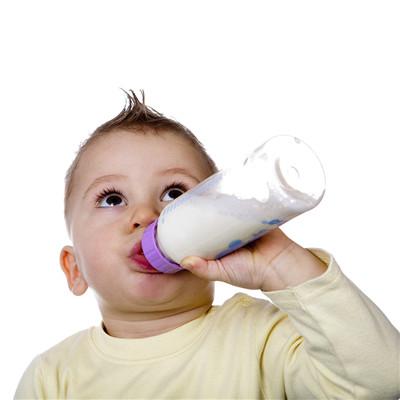Symptoms of pharyngeal spasm
summary
Pharyngeal muscle spasm is not a common disease in daily life. It is a symptom caused by abnormal muscles in the soft palate or throat, which can easily lead to discomfort in the throat. Suffering from pharyngeal muscle spasm can easily lead to throbbing or contraction in the throat, which affects normal life, Can also easily lead to swallowing, causing a great impact, pharyngeal muscle spasm symptoms now tell you.
Symptoms of pharyngeal spasm
Myoclonus is intermittent, irregular and rhythmic contraction movement, which can be tens to hundreds of times per minute. The patient and others can hear the clucking sound. The contraction of soft palate, larynx, floor of mouth and diaphragm was bilateral, but sternocleidomastoid and facial muscles were unilateral. The contraction of pharyngeal muscles makes the soft palate move up and down, causing the opening and closing of eustachian tube. In swallowing or pronouncing, clonus can be inhibited temporarily.
Laryngopharyngeal spasm attack time is very short, under normal circumstances, after deep inspiration symptoms will disappear immediately, but can be repeated attack. There were no hoarseness, fever and other symptoms during and after the attack.
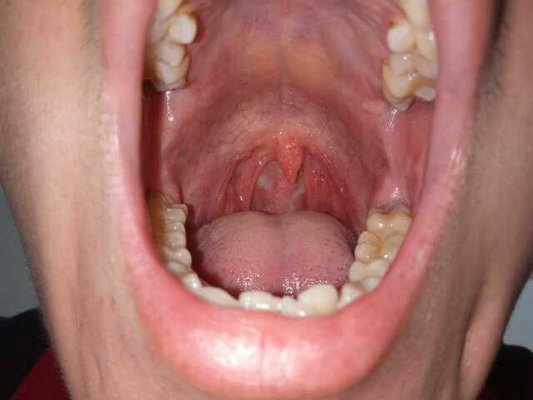
In order to prevent laryngopharyngeal spasm, tracheal intubation and operation under light anesthesia should be avoided, and hypoxia and carbon dioxide accumulation should be avoided. Extubation is best performed when the patient is fully awake. Lidocaine can be used to prevent laryngeal spasm after extubation after tonsillectomy.
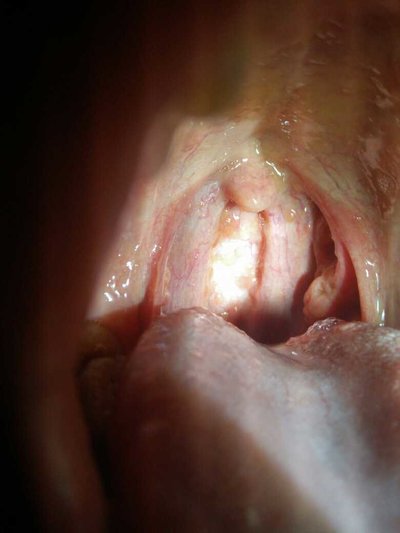
matters needing attention
Diet should be regular and reasonable, that is, high protein, high vitamin food. Choose plant or animal protein with high nutritional value, such as milk, eggs, fish, lean meat, various bean products, etc. All kinds of fresh vegetables and fruits are rich in vitamins and have high nutritional value.

